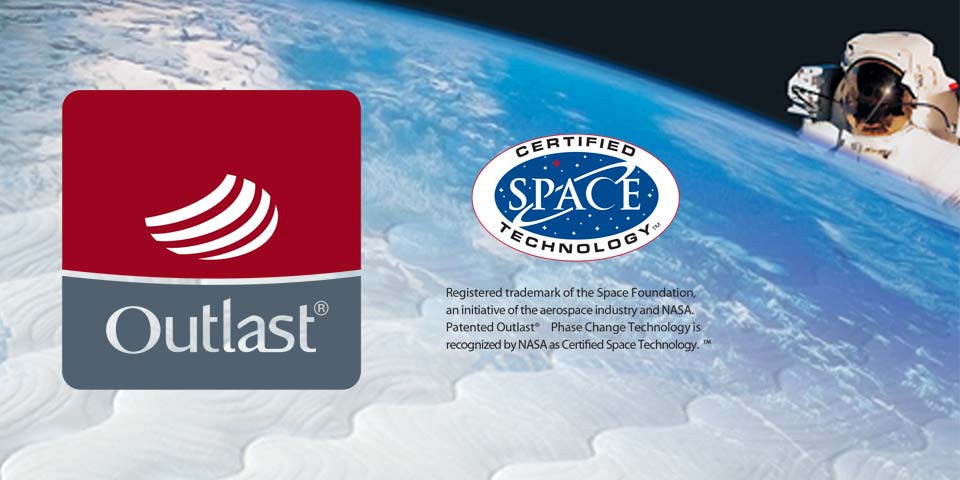
NASA’s space technology is incredible; it can withstand the harsh and unforgiving environments of previously unexplored space. Now, one piece of technology developed by the space agency for its space endeavors will assist elderly women in dealing with the effects of menopause.
Menopause Symptoms can begin years before menopause and linger for years after it has already started
National Institutes of Health (NIH) estimates that 1.3 million Americans start to experience menopause symptoms each year. They are typically characterised by hot flashes.
Menopause Symptoms can begin years before menopause and linger for years after it has already started. Temperature changes associated with menopause can endure unpleasant experiences. Louise Nicholson, a textile marketer wanted to help women stay comfortable during their menopause, so will now utilize Outlast, NASA’s technology. NASA’s technology will assist in easing these terrible ailments.
About the Outlast Technology by NASA

According to NASA’s website, the outlast technology was developed in the 1980s, while the space agency’s Johnson Space Center in Houston sought ways to improve the insulation of spacesuit gloves. In collaboration with Triangle Research and Development Corporation, the US-based center explored phase-change materials, which maintain a steady temperature while changing phases from solid to liquid or vice versa.
They were successfully “able to demonstrate the effectiveness of a temperature-stabilizing fabric insert for a spacesuit glove.” However, the technology never went to space. Now, a textile marketer named Louise Nicholson, who wanted to help people stay comfortable during menopause, will be using Outlast.
Louise Nicholson will utilize Outlast for her endeavor to assist women in dealing with menopausal symptoms. She did a lot of preliminary research to find out what was available in terms of clothing. And all she found was nightwear, according to her statement. She considered previous possibilities insufficient until she discovered a substance created with NASA funds.


